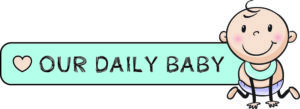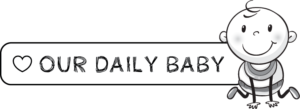Drooling is common in babies below six months of age. However, some babies drool more than usual, and parents may need to take extra bibs to wipe their mouths. What causes drooling and how can you handle it?
Teething
Drooling is usually the first symptom of teething. This occurs between the fifth and seventh month.
Upper respiratory illness
An infection of the respiratory system can cause drooling. One example is epiglottis, which affects the vocal cord tissues. Excessive drooling may be a sign of this infection.
Orofacial abnormalities
These defects are anomalies of the mouth, facial bones, and lips. Most times, such problems are hereditary. Some examples of orofacial conditions include dysphagia and cleft lip, and they cause excessive drooling in infants. Cleft lip splits the upper lip while dysphagia causes difficulty with swallowing. Different problems such as infections and congenital abnormalities can cause dysphagia. Also, when the baby’s teeth are not properly aligned, it can cause excessive drooling. This only applies to older kids.
Mental disorders
In some rare cases, drooling may be caused by mental retardation as well as cerebral palsy. Where there was a developmental delay or low muscle tone, excessive drooling may be a symptom as well. Let a doctor examine the child to determine the cause so you can care for the child appropriately.


